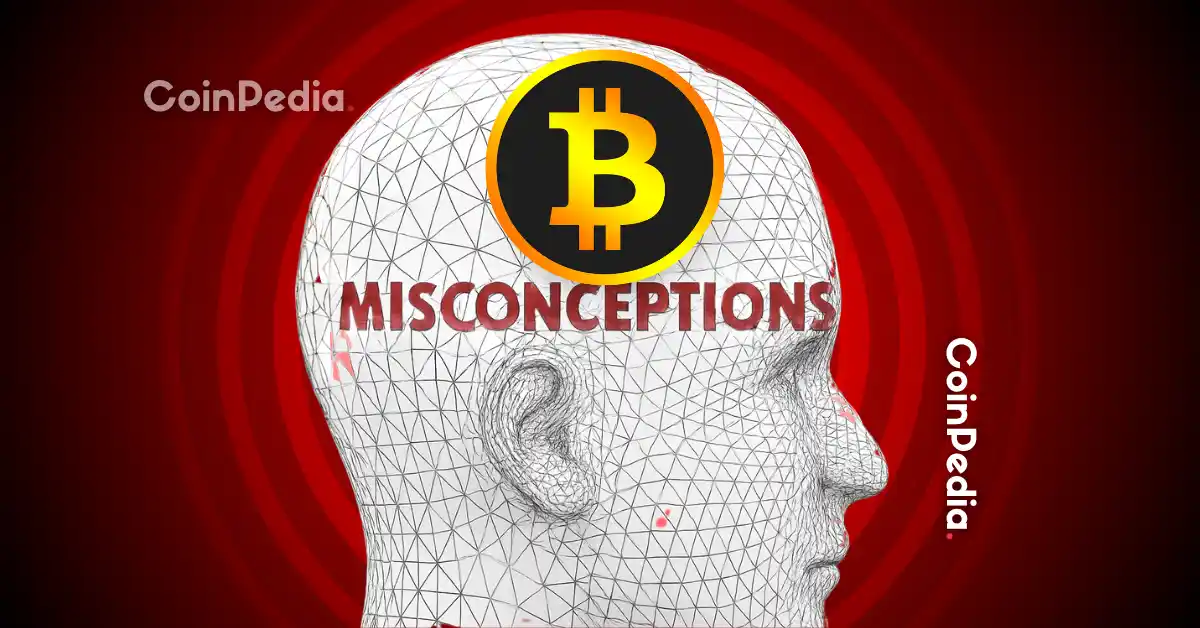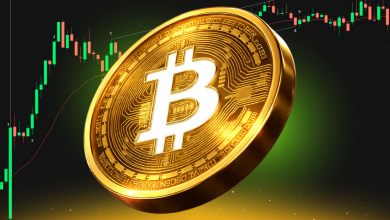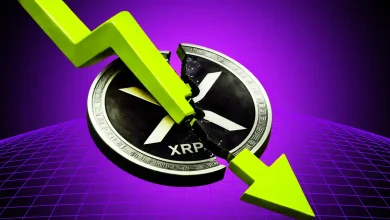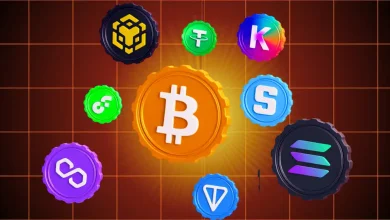
Alderoty said that the idea of decentralization is based on permissionless systems intead of the CEO
NCA emphasized this and said that there are other decentralized tokens like Ethereum, XRP, Solana, and Cardano
Brad Garlinghouse also clarified that XRP is decentralized as it is an open-source technology
Chief Legal Officer at Ripple, Stuart Alderoty, explained the misconception of decentralization in crypto. In his latest X post, Alderoty said the idea of decentralization is not unique to Bitcoin, just because it doesn’t have a CEO.
Decentralization is not Unique to Bitcoin
According to Alderoty, the idea of decentralization is based on permissionless systems, participation, and validation that is not under the control of a central authority. This means that the structure of decentralization is not exclusive to Bitcoin just because it doesn’t have a CEO.
He said, “Bitcoin doesn’t have a CEO, but that’s not ideology. It’s the fundamental design of all open, permissionless tokens.”
He warned the policymakers and regulators that treating Bitcoin as the only truly decentralized system could lead to misguided regulations and poor policy decisions. The National Cryptocurrency Association (NCA) emphasized this and said that there are other decentralized tokens like Ethereum, XRP, Solana, and Cardano, which are not controlled by a single person, company, or CEO.
XRP is Decentralized, Says Ripple CEO
Besides Alderoty, Ripple CEO Brad Garlinghouse also clarified that XRP is decentralized as it is an open-source technology that exists independently of Ripple. XRP Ledger, the public blockchain, stated in a blog post that Ripple is a technology company and XRP is a digital asset independent of this.
“XRP is a digital asset that’s native to the XRP Ledger—an open-source, permissionless and decentralized blockchain technology,” it said.
Problems Follow Misconception
The misconception of Bitcoin is the only decentralized crypto can lead to regulatory blind spots, meaning regulators might craft rules specifically targeting Bitcoin’s structure. This failure to accommodate other decentralized tokens would stifle innovation and result in flawed frameworks.
Other than this, networks that prioritize faster transactions like XRP will be hindered if the policies prioritize BTC’s structure, which comes with a slower transaction speed. The ill-fitting rules will also impact the cross-border payments and censorship resistance in decentralized finance (DeFi).
Never Miss a Beat in the Crypto World!
Stay ahead with breaking news, expert analysis, and real-time updates on the latest trends in Bitcoin, altcoins, DeFi, NFTs, and more.
FAQs
A cryptocurrency is decentralized if it’s an open, permissionless system where participation and validation are not controlled by any single company, person, or central authority, ensuring broad network control.
This misconception can lead to poorly crafted regulations that favor Bitcoin’s structure, hindering innovation and unfairly impacting other decentralized networks with different capabilities, like faster transactions.
Flawed rules could stifle innovation, slow down cross-border payments, and impact the censorship-resistant nature of DeFi services by not accommodating the diverse designs of various decentralized tokens.
Trust with CoinPedia:
CoinPedia has been delivering accurate and timely cryptocurrency and blockchain updates since 2017. All content is created by our expert panel of analysts and journalists, following strict Editorial Guidelines based on E-E-A-T (Experience, Expertise, Authoritativeness, Trustworthiness). Every article is fact-checked against reputable sources to ensure accuracy, transparency, and reliability. Our review policy guarantees unbiased evaluations when recommending exchanges, platforms, or tools. We strive to provide timely updates about everything crypto & blockchain, right from startups to industry majors.
Investment Disclaimer:
All opinions and insights shared represent the author's own views on current market conditions. Please do your own research before making investment decisions. Neither the writer nor the publication assumes responsibility for your financial choices.
Sponsored and Advertisements:
Sponsored content and affiliate links may appear on our site. Advertisements are marked clearly, and our editorial content remains entirely independent from our ad partners.







